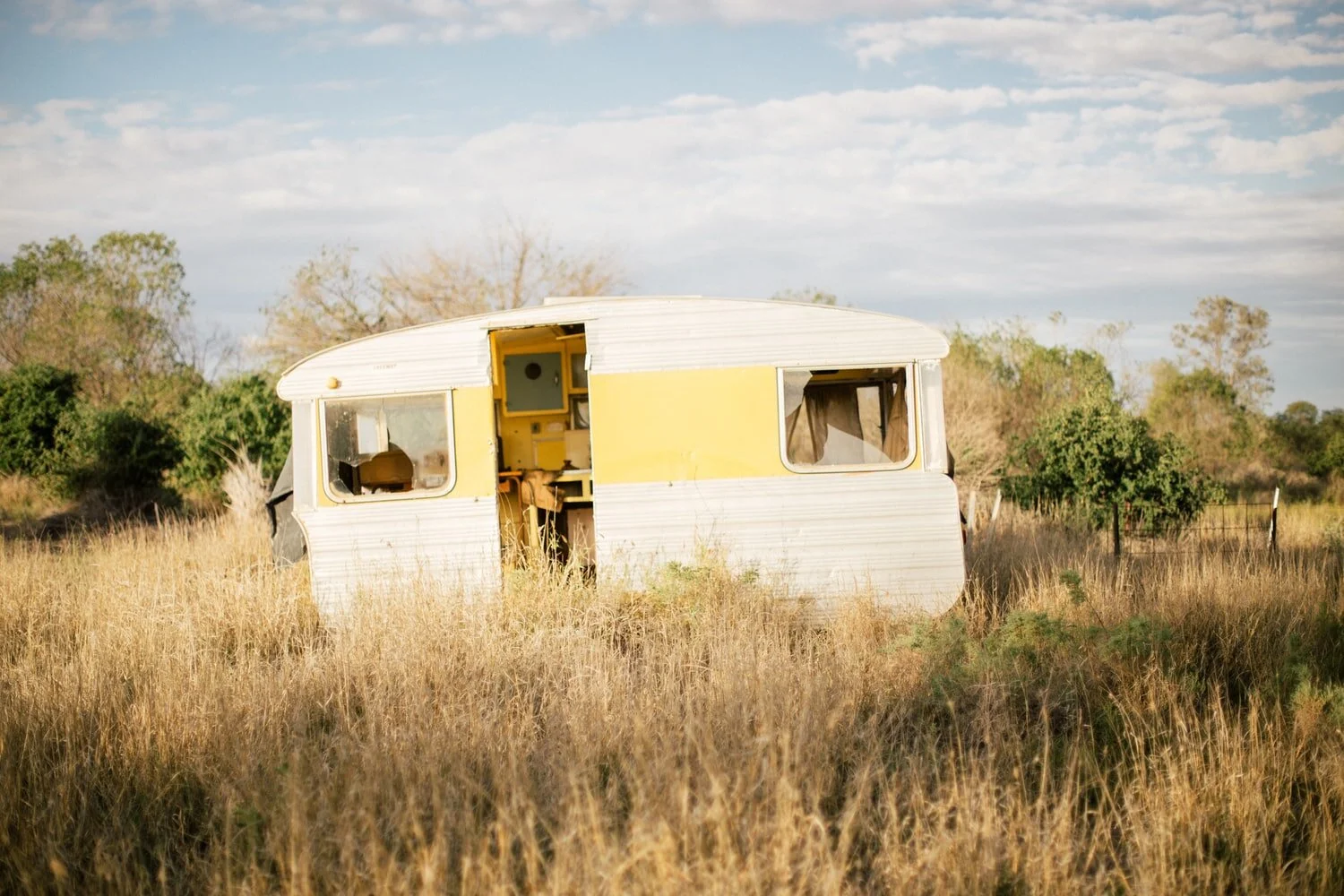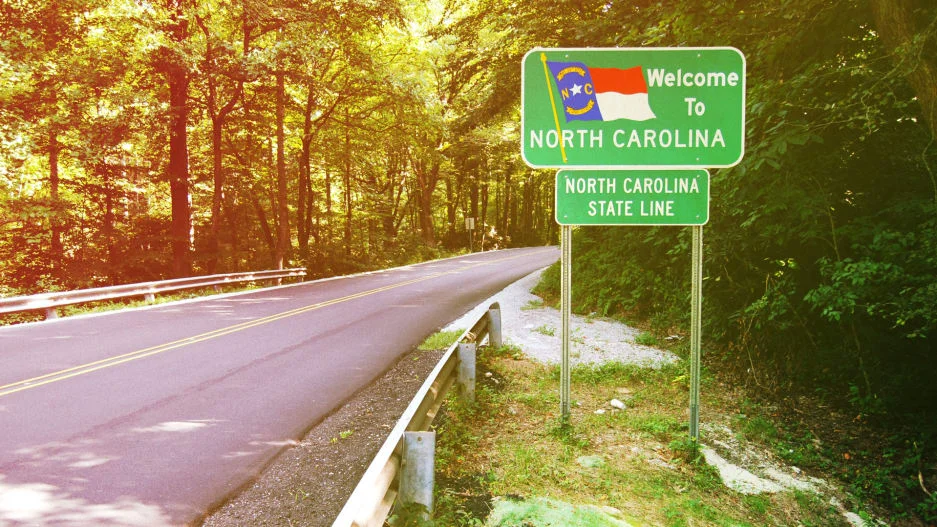How to Transition Between Work Time and Personal Time
In this season that has driven many people to work from home, the lines between work and personal time have become blurry. Although some have more time to spend as commutes are no longer a part of life, it’s easy to transition from one “mode” into another. This article provides helpful tips on how to be intentional about being present in each context.
This article was originally published here by Harvard Business Review
Physical presence doesn’t always equate to mental presence. You could be sitting at your desk but more preoccupied about a home repair than the assignment at hand, or you could be at the kitchen table thinking more about the proposal you have to finish than the people eating dinner with you. That’s why transitions from work mode to personal mode are so essential. And you have to make an especially intentional effort on these transitions when you work from home because you don’t have the natural change of context cues.
Focus takes intentional effort and can feel difficult at times, especially in the midst of massive uncertainty. But by following these tips, it is possible to be present most of the time when you’re working or in your personal time.
Click here to read the full article!
——
[ Photo by Agnieszka Boeske on Unsplash ]
Related articles
And from that place, that pitiful canyon of a grave of sorrow, that dark place of deep and debilitating depression…we emerge, because He, Himself, experienced that place of death before us; and He emerged from the grave triumphant, complete, and in glory!
So, how does one address difficult and bewildering problems in life? One option is to live life “in day-tight compartments,” and, in that day, to do three things: work, pray, and relax
Instead of worrying that our happiness requires following a linear path to a specific outcome, how can we learn to be content in whatever circumstance we are in?
Workplaces that eliminate email notifications, discourage out-of-hours communication and reduce email volume, save money and improve efficiency. When individual workers process their inbox less often, rather than continuously, they experience less stress without losing responsiveness.
Being a parent and an entrepreneur can feel like two separate jobs, but you might be surprised how your role as a parent parallels your role as a founder.
If we keep it as simple as possible, I believe that the heart of the Sabbath is found in the imperative used, the verb that gives the action we are to follow: “remember”.
With a clear God-centered, Biblically-based vision, we see that life compartments like public and private, career or family, and secular or spiritual are misguiding. All life contexts are important, and all have to work. God’s calling is for us to live a unified life with a consistent message in all of life.
Waking at 2 a.m., I (Peter) heard Laurel rush to the restroom. Groggily, I entered the bathroom to rub her back while she bent over the toilet. “Can I get you anything?” I tenderly asked.
How do you create healthier work-life balance in a consulting industry that is notorious for extensive travel and extremely long hours?
Entrepreneurship can be incredibly lonely. Investing for kingdom purposes may confuse peers in the industry and further isolate FDEs and FDIs.
Lilian Radke reduced turnover from 85% to less than 14% all while being a young mom of little kids doing a business she was told was a “mans world” and winning small business of the year in Massachusetts for 2018 and woman owned enterprise of the year for new England in 2018.
Being married can be challenging enough at times but throw in the aspect of running a business and it gets even more complicated. Divorce lawyers estimate that divorce among entrepreneurial couples are 5-10% higher than the average.
Focus takes intentional effort and can feel difficult at times, especially in the midst of massive uncertainty. But by following these tips, it is possible to be present most of the time when you’re working or in your personal time.
I had formally stepped down as Director of Operations and Service Pastor of a church I loved. I had come with dreams and hopes of making a difference in the church and the city of Los Angeles, something our church had done for over 30 years, and with international impact and influence.
Much of leadership content these days is about hustling, doing more with less, increasing productivity in general, and on and on and on. There is even discussion about “side hustles,” “plus time,” or “google time.”
I realized what I did no longer mattered. Instead, why I did my job was going to be my driver. Whether I worked at this company or another, my why was going to be about impacting others.
We spend a lot of time looking for people to go and build into, but if we’re not careful, we can completely overlook our own kids! Intentional investments into our kids will have a greater impact than anything else we do. Kids want our time more than anything. Our presence over our provision.
The motto in our house is: “Don’t give others the best, and we get the rest.” Give your family more because they deserve it and because it sets them up for greater success in life.
Andre Mann shares some lessons he learned in running a business (and family) that was under lockdown in Afghanistan a decade ago. The situation was different from the coronavirus, yet there’s so much that makes him flash-back to those days. Read Andre’s tips on working from home and staying healthy under lockdown during this pandemic.
In the Midwest, Christian entrepreneurs are searching for relief from the corrosive grind of company-building—while some faith leaders preach the gospel of crushing it. There’s a hunger among entrepreneurs to redefine what it means to be successful in tech: the enduring message is that in an industry that seems by nature to demand imbalance in the lives of those who work in it, they hope to find a different way.
We all have a lot on our plates, and perhaps you strive to become a world-class time manager. Jeff Holler shows us why superior time management can be all wrong when we are masterfully managing our time around the wrong priorities! Intentional time allocation around our highest and most important lifetime priorities trumps superior time management around our calendar. This article was one of CEF’s 2019 White Papers.
In this video, we take a look at why Prime Trailer gives its employees an entire paid day off to go out and serve the needs they see in their community! CEO Wes Gardner encourages other business owners to let their people be themselves—to do what they’re excited about in their jobs and in their community.
Spending time with non-work activities that we enjoy can be the antidote to burnout and stress. They can also afford us a variety of other business-related benefits such as inspiration, productivity, performance, and mood.
The Atlantic’s article, ‘Find Your Passion’ Is Awful Advice, discusses how we could end up finding more meaning in our work by not finding and following our passions. Since our passions are developed over time, and not fixed from birth, Luke Roush suggests we intentionally nurture passions rather than find them.
Bill Peel of Letourneau’s Center for Faith & Work shares that “It surprises some to discover that retirement is not a biblical concept.” However, it could be the most influential season of your life! Do you see retirement as a vacation or a vocation?
Originally published by Harvard Business Review — Rick Woolworth, a good friend of FDE/FDI, has been a Wall Street executive and mentor for 35 years. He argues “aspiring leaders need more and better mentoring than they’re getting today.”
In today's short video, from the WorkMatters FUSE Forum, Shelley Simpson suggests leaders try integrating their work, family, and faith in order to live and work more authentically throughout her career at J.B. Hunt.
Originally published by Fast Company— When entrepreneur Chris Chuang moved to Raleigh, North Carolina, for a job, he expected to be there for two or three years at the most. Instead, he wound up staying and built a successful tech company.






























Since January, when our book was published, I had traveled almost every month–sometimes more than twice a month–and often to other countries. I needed a break from traveling. At home we looked forward to No Travel November.